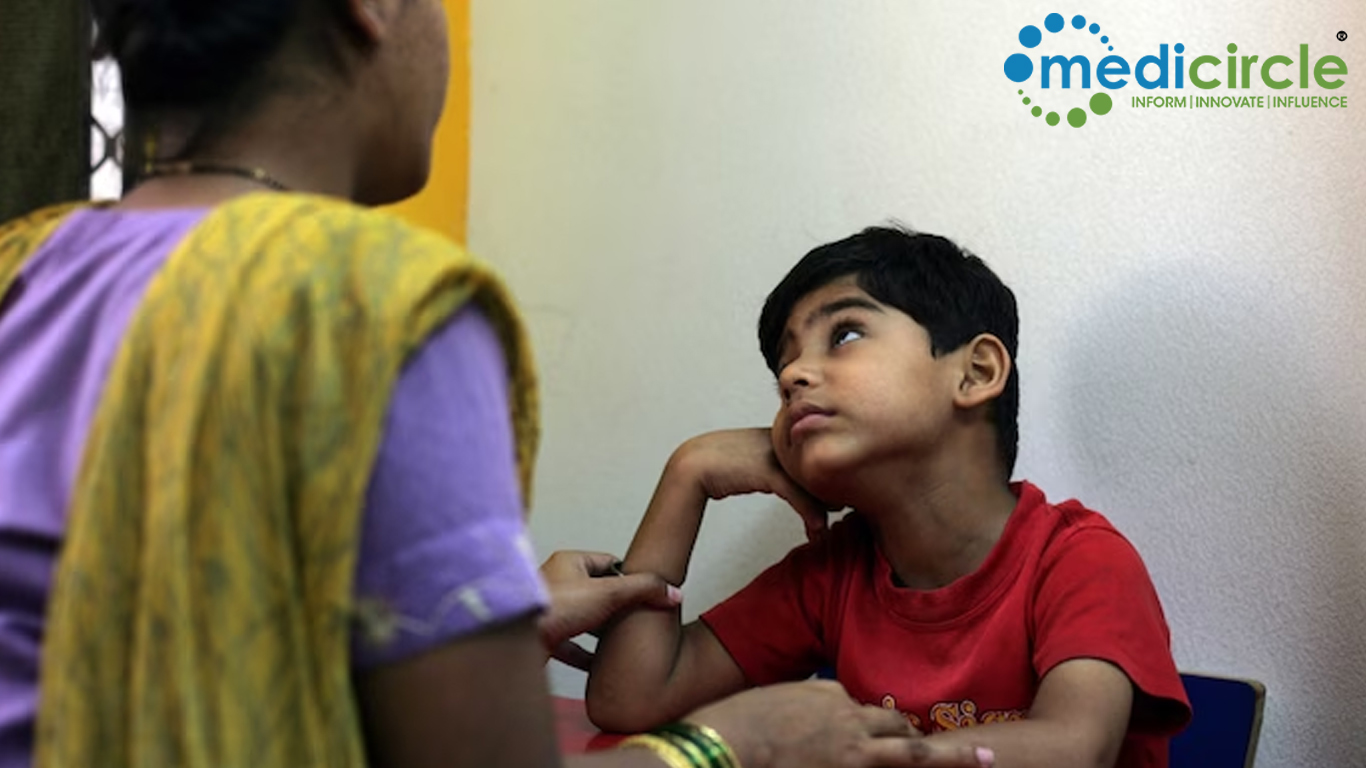The West Bengal Government’s Department of Women and Child Development and Social Welfare has launched an initiative to determine the real status of Autism Spectrum Disorder (ASD) in children across the state. The effort aims to identify children with ASD early and ensure they receive the necessary care and support.
Minister in Charge, Dr. Shashi Panja, revealed in a recent assembly session that out of 899 suspected cases tested, 176 children were confirmed to have ASD. Additionally, 476 children were diagnosed with other disabilities, while 247 were found to be non-disabled. This survey, conducted by the Integrated Child Development Services (ICDS), tested approximately 49 lakh children aged 18 months to 6 years.
An Expert Committee, comprising renowned psychiatrists and psychologists, developed a primary screening questionnaire for ASD. The questionnaire includes 20 questions focusing on communication, socialization, and behaviour, with a cut-off score of four. Children scoring above this threshold are suspected of having ASD and are referred for further clinical confirmation.
The efficacy of this screening tool was tested in several ICDS projects and validated by experts, proving its effectiveness. State and district-level training sessions were conducted for Anganwadi workers, who then surveyed over 49 lakh children using the questionnaire.
From this extensive survey, 5,840 children were suspected of having ASD. Their records were collected and documented in the Child Development Project Officer (CDPO) office. A follow-up protocol was established, scheduling diagnostic confirmations at designated district hospitals or medical college hospitals every Thursday.
Children suspected of having ASD are brought to hospitals for diagnostic confirmation. The check-ups are conducted in the Non-Communicable Diseases OPD from 12 noon onwards. Caregivers of children confirmed with ASD receive a referral card, filled out by a psychiatrist or clinical psychologist, outlining the next steps for treatment.
Anganwadi Workers and ASHA/Health Functionaries follow up on these cases, ensuring that the children receive the recommended treatments and attend their checkup appointments. The survey is set to be conducted annually in November to continually monitor and identify new cases.
Early detection and intervention are crucial for managing Autism Spectrum Disorder. Children with ASD can significantly benefit from early therapy and support, which can improve their communication, social skills, and overall development. By identifying children with ASD at a young age, the West Bengal government aims to provide timely and effective interventions, helping these children lead better lives.
The initiative by the Department of Women and Child Development and Social Welfare under the West Bengal Government is a significant step towards understanding and addressing Autism Spectrum Disorder in children. By conducting regular surveys and ensuring proper follow-up and treatment, the government aims to improve the lives of children with ASD and their families.
Through this comprehensive approach, West Bengal is setting an example for other states in India to follow, emphasizing the importance of early detection and intervention in managing Autism Spectrum Disorder.

 This survey, conducted by the Integrated Child Development Services (ICDS), tested approximately 49 lakh children aged 18 months to 6 years.
This survey, conducted by the Integrated Child Development Services (ICDS), tested approximately 49 lakh children aged 18 months to 6 years.











.jpeg)








.jpeg)





.jpg)


.jpg)



